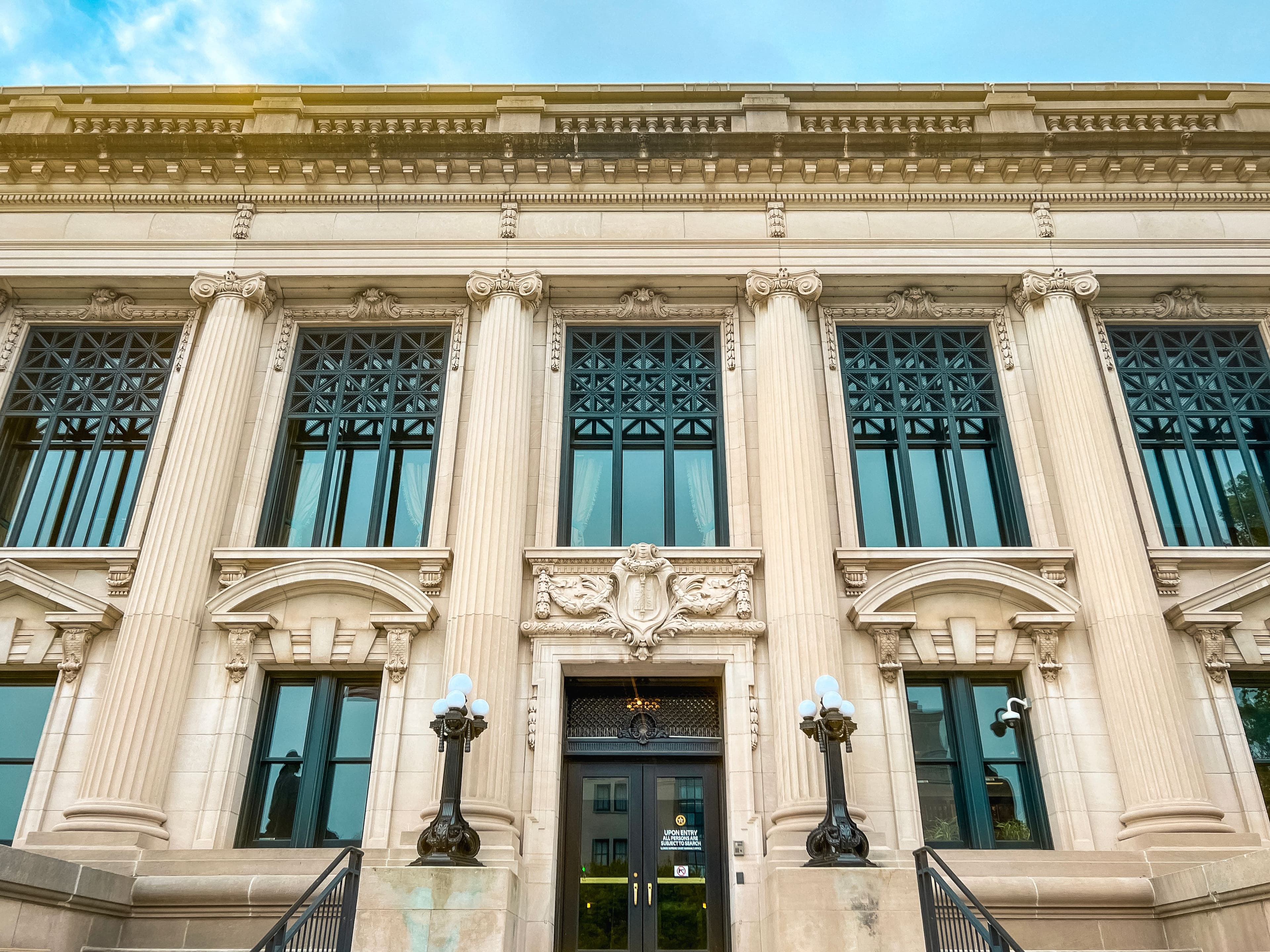
Eavesdropping Law Unconstitutional… For Now
The Illinois Supreme Court ended the state’s ban on public audio recording, but privacy laws still apply.
The Illinois Supreme Court ended the state’s ban on public audio recording, but privacy laws still apply.
In the first quarter of this year, the Supreme Court of the state of Illinois struck down a state law that made audio recording by any person, even in public, illegal unless consent was obtained first. The law was one of the strictest of its kind in the nation and was often used to prevent people from recording government officials, including police officers.
The Illinois Supreme Court ruled the law unconstitutional because it criminalized a wide range of innocent behavior, including activity that could not reasonably be considered private. Examples include a loud argument on the street, a political debate on a college campus, cheering fans at a sporting event, or conversations that happen to be overheard by others. The Court noted that none of these situations implicated privacy interests, yet under the old law they could have been felonies if recorded.
Before the law was struck down, some lawmakers considered excluding the audio recording of police officers from the statute. However, with the law now invalidated in its entirety, people may record anyone, including police officers, without fear of Illinois state criminal charges for eavesdropping.

This does not mean recording is unlimited. Federal wiretapping laws may still apply, and privacy concerns remain when recording or photographing people in places such as bathrooms or dressing rooms. Audio recordings can also raise civil invasion of privacy claims.
Finally, it remains to be seen how the Illinois legislature will respond. The state is expected to re-formulate its eavesdropping statute in a way that can withstand future constitutional scrutiny.
The post Eavesdropping Law Unconstitutional… For Now appeared first on Harter & Schottland.
